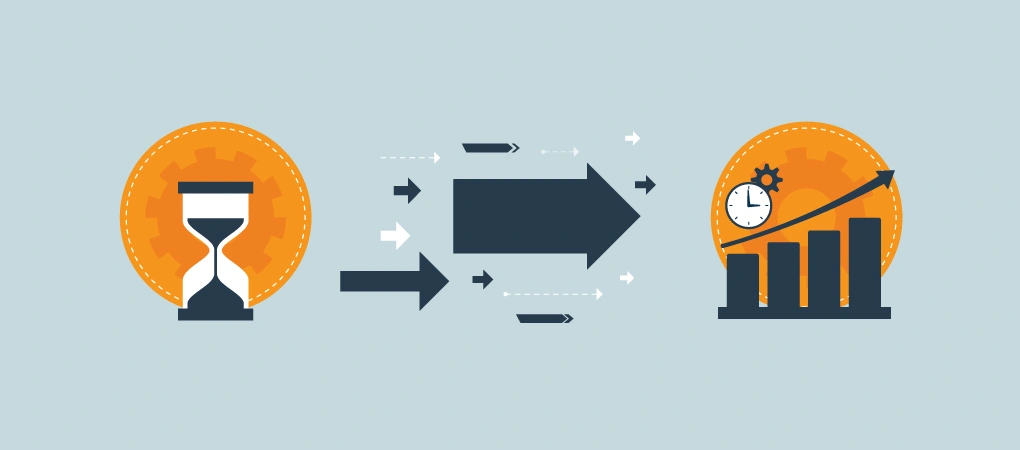What Is Capableism And Why Is It So Important For Entrepreneurs?
Dan Sullivan

There’s a simple way of looking at and understanding the world, and it has to do with where everything starts, which is with each individual having unique capabilities.
Whether or not a person is successful in their life is a function of identifying and taking responsibility for their unique capabilities as well as taking them seriously and understanding their value. Being successful involves seeing your life on a day-to-day basis in terms of developing, expanding, and combining your capabilities, first in yourself, and then reaching a point where you can combine them with other people’s.
Capableism.
If you think about life in terms of expanding and combining capabilities, it explains a lot of the big systems in the world, and you don’t have to engage in arguments about theories and abstractions.
This is what Strategic Coach is all about. It’s about entrepreneurs identifying their unique capabilities, simplifying their lives down to their unique capabilities, and then surrounding themselves with other unique capabilities with their teams, their customers and clients, and then strategic alliances—collaborations in the marketplace. For me, it’s all about my capabilities constantly developing and then combining with other people’s. And I call the whole thing Capableism.
My feeling is that something like capitalism is actually just a sub-system of Capableism, which is the individual striving on the part of each person to develop and expand their personal capabilities and then combine them with as many other people’s as they can. With the concept of Capableism, we can override the “ism versus ism” way of thinking. Capableism is purely positive and all about cooperation.
Value your unique capabilities.
Everyone’s born with unique capabilities. The death of uniqueness is self-comparison. If you compare yourself with someone else, you’re dead in the water because you can’t copy someone else, and the only way you can move forward is by looking internally, finding out what you do uniquely well, and continually expanding that within yourself.
Then, at a certain point, it emerges out into the world, and other people notice you. They’re looking for the unique capabilities you have, and you’re looking for the unique capabilities of others.
The results of expanding and combining capabilities are always unpredictable because capability creates its own future. When you expand your capability, your tomorrow becomes different.
With this Capableism perspective, all my goals now are capability goals. I’m focused on what I can do individually, and then on my teamwork with other people. I’m always trying to be a more valuable team member in terms of my capabilities so that I have access to the capabilities of others. My sense of my progress within Strategic Coach for the last three decades has really been based on the question, “How do I get better at something so I can be a better team member with someone else?”
Expanding capabilities leads to happiness.
If you identify the ten happiest memories in your life and then dig more deeply into what happened in those situations, you’ll likely notice that there was a jump in some area of capability that you got joy out of, resulting in a jump in confidence and in your vision of what you could do with that capability expanding into a bigger future.
Every time I feel best about myself, I’m doing a particular type of capability rather than other capabilities, and almost everything good that’s happened in my life started with my using this unique capability. In a Capableist world, everybody grows.







